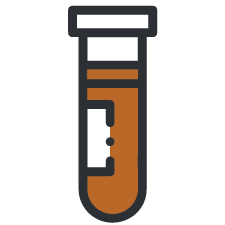Nearly 5 million Americans use cocaine annually across the nation. Among those 5 million, almost ⅓ of them have an addiction to the drug, or a cocaine use disorder. If you are looking up questions about how long does cocaine stay in your system, there is a strong chance that you are struggling with a cocaine addiction problem. Let this drug test be your wake-up call — get the help you need for cocaine addiction today. With the rise of synthetic opioids like fentanyl, using cocaine is becoming more and more dangerous. In fact, drug overdoses that involve cocaine have risen by almost 350% in the 6-year period from 2015 to 2021. You don’t want to be the next statistic, reach out for help today.







